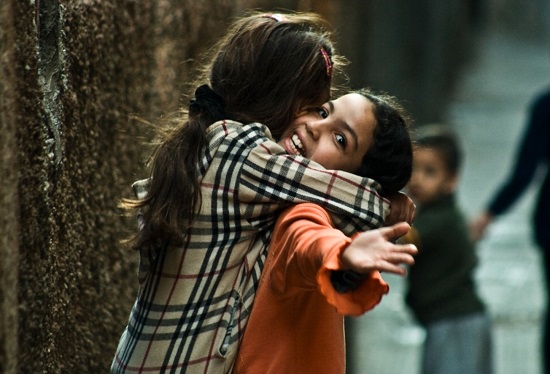As we have all become busier, we have forgotten what our friends really need.
We have also forgotten what we really need from our friends.
An experience with a friend, after I recently launched a new business, illustrated this for me.
I got an email after having a short conversation with an old friend saying, “I’m worried about you and your new business.” Rarely the best way to start a conversation—especially if someone is going through something so new and terrifying to them.
After a couple of these situations—some block, drop, and roll on Facebook—I’ve come to the conclusion that we may have forgotten how to do the little things with our friends. Little things like reading the whole Facebook post when people ask for advice instead of the first sentence or two, or even just the comments. Like sharing in their successes rather than only commenting when we have an opinion on their ideas.
Unsolicited advice—oh, I love this one!
Whether we are resident expert or think we are, our friends don’t always need to know how to do what they could be doing better. We should ask first before we offer advice.
Here’s an question that I ask my friends, “Do you need a friend right now to take your side and fight to the death with you right or wrong, or do you need an impartial life coach?”
This allows friends to feel loved and supported instead of listening to another thing that’s not perfect in their world.
If we ask friends what’s going on in their world and really listen to what they say, without any agenda–without turning the conversation around to ourselves—we are holding space for them.
I read once that, when networking, if we focus on other people in conversation and let them talk about themselves, you are the one person they remember most at the end of a night. If we do this in business, why not in friendship too?
We could all do with asking ourselves: Am I being the friend I would want in my world? Am I picking my words carefully so I am not having to say, “I didn’t mean it like that”, or “You took it wrong”?
If this has happened recently, revisit the words used. They are powerful and can take something we meant to be positive and showing care to “Wow, that’s uncool” status pretty quickly. Being mindful of words is so important in being a true friend.
Not that we should avoid telling our friends the truth, but we can be mindful in voicing our opinions. Many times the whole story isn’t shared with us. Opinions about a friend’s life can feel less than warm and fuzzy, so if we are going to share them we should first ask ourselves what our intention is, and whether what we are saying is necessary. A lot of the time it isn’t and instead we should be embracing their life, celebrating it, crying with them and offering the support we would want and need in our world.
“I told you so” or “You should do this,” can fracture friendships, even ones we’ve have had for years and years. If we decide to go this route, we should be doing it with our friend’s best interests at heart and conscious that they may pull away as a result.
Friendships are precious.
They are the family we get to choose.
They are the hand-picked amazing humans we share our good, bad and ugly with. They are the ones we laugh, cry and share knowing looks across the room with.
Let’s slow life down a little and be the friend we want in our corners. If we can do this for our friends, we’ll feel a whole lot better for it, too.
~
Relephant read:
10 Types of Odd Friendships You’re Probably Part Of.
~
Author: Lindsey Flynn
Editor: Khara-Jade Warren
Image: Montse PB/ Flickr







Read 1 comment and reply